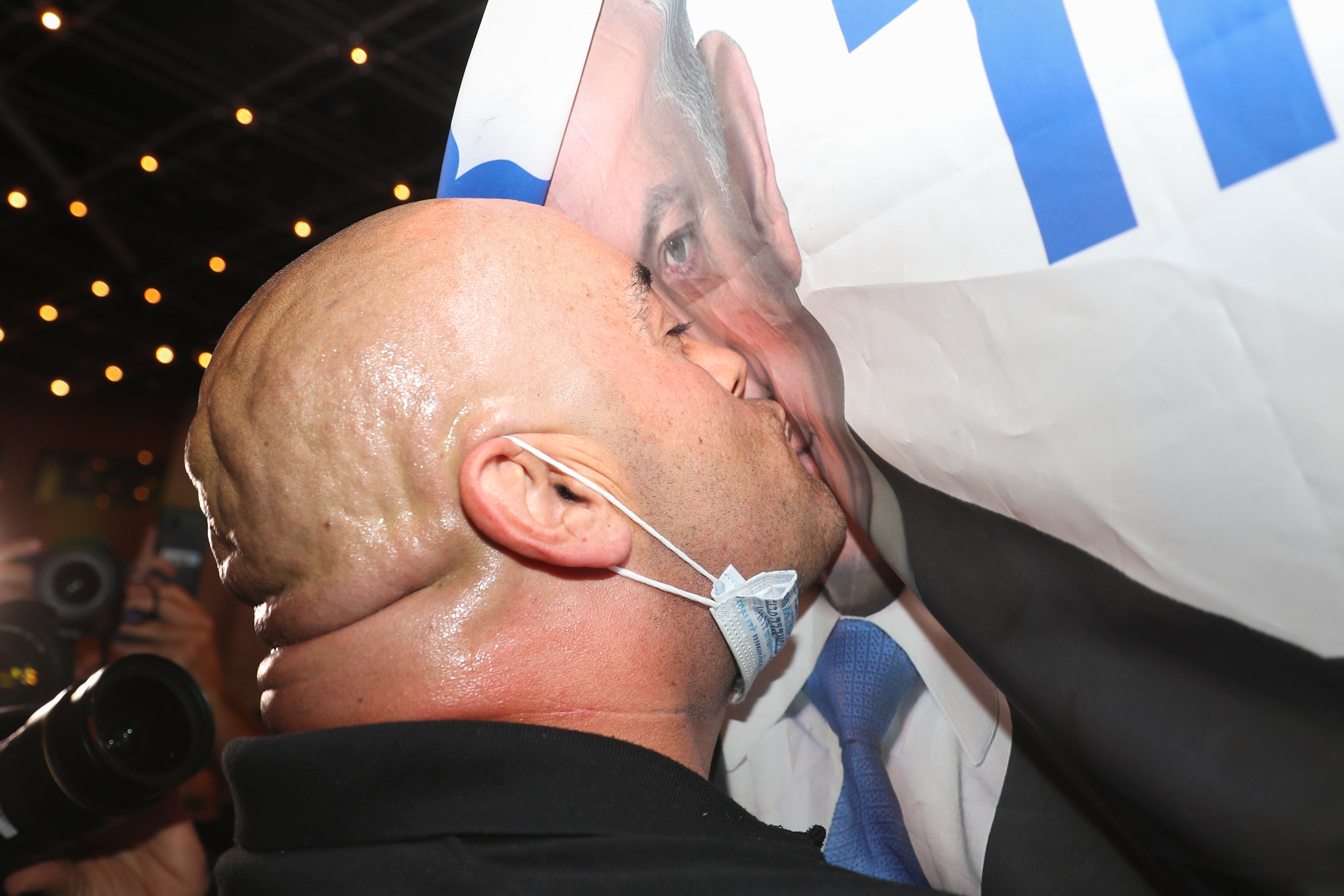Israeli elections: A look at the final, deadlocked results
The final results from Israel’s fourth election in two years show a nation deeply divided over whether Prime Minister Benjamin Netanyahu should remain in office

Your support helps us to tell the story
From reproductive rights to climate change to Big Tech, The Independent is on the ground when the story is developing. Whether it's investigating the financials of Elon Musk's pro-Trump PAC or producing our latest documentary, 'The A Word', which shines a light on the American women fighting for reproductive rights, we know how important it is to parse out the facts from the messaging.
At such a critical moment in US history, we need reporters on the ground. Your donation allows us to keep sending journalists to speak to both sides of the story.
The Independent is trusted by Americans across the entire political spectrum. And unlike many other quality news outlets, we choose not to lock Americans out of our reporting and analysis with paywalls. We believe quality journalism should be available to everyone, paid for by those who can afford it.
Your support makes all the difference.The final results from Israel's fourth election in two years show a nation deeply divided over whether Prime Minister Benjamin Netanyahu should remain in office, with neither side having secured a governing majority.
Israelis vote for party lists rather than candidates, and seats in the 120-member Knesset are assigned based on the percentage of the vote. No single Israeli party has ever won a 61-seat majority, so an aspiring prime minister must assemble a ruling coalition.
That often means courting fringe parties or even those on the other side of the political spectrum, offering ministries, official positions, budgets or other favors in return for their support. The negotiations usually take several weeks. If no one is able to assemble a 61-seat majority the country will go into an unprecedented fifth election later this year.
Here are the election commission's final results:
PRO-NETANYAHU, 52 seats
Likud (right-wing): 30
Shas (ultra-Orthodox): 9
United Torah Judaism (ultra-Orthodox): 7
Religious Zionism (far-right): 6
___
ANTI-NETANYAHU, 57 seats
Yesh Atid (centrist): 17
Blue and White (centrist): 8
Yisrael Beitenu (secular right): 7
Labor (left-wing): 7
New Hope (right-wing): 6
Joint List (Arab left-wing): 6
Meretz (left-wing): 6
___
NOT COMMITTED, 11 seats
Yamina (right-wing): 7
United Arab List (Arab Islamist): 4